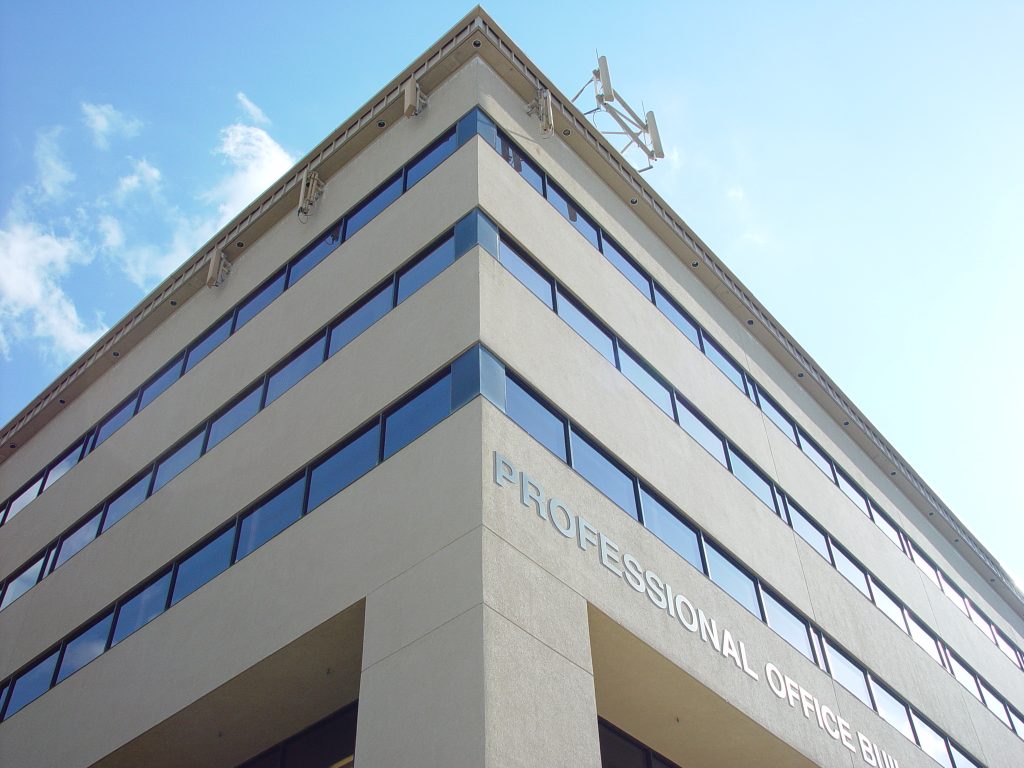 When we think of the practice of law, we may think of flashy lawyers in the courtroom arguing against one another with impassioned rhetoric. In reality, the law practice is not that glamorous. In many cases, there are no trials, and a judge simply hands down a judgment without any theatrics. Summary judgment is an example. Summary judgments occur when there are no factual disputes between parties, thus forgoing the need for a trial. However, to obtain summary judgment, a party must file a motion for summary judgment. In the case below, we will see how a Louisiana Appellate Court decided that the District Court erred in granting a motion for summary judgment.
When we think of the practice of law, we may think of flashy lawyers in the courtroom arguing against one another with impassioned rhetoric. In reality, the law practice is not that glamorous. In many cases, there are no trials, and a judge simply hands down a judgment without any theatrics. Summary judgment is an example. Summary judgments occur when there are no factual disputes between parties, thus forgoing the need for a trial. However, to obtain summary judgment, a party must file a motion for summary judgment. In the case below, we will see how a Louisiana Appellate Court decided that the District Court erred in granting a motion for summary judgment.
Carolyn C. Harris had terrible stomach pains and went to Our Lady of the Lake Regional Medical Center to receive treatment. Her first doctor, Dr. B, examined her on December 29, 2008, and scheduled a colonoscopy the next day. However, due to unanticipated conflicts, the colonoscopy was rescheduled for January 5. In the meanwhile, Harris began to suffer from a respiratory illness and was moved to the ICU. On January 5, 2009, her second doctor, Dr. C, performed the delayed colonoscopy. During the colonoscopy, Harris’s colon was perforated. She began to vomit, and soon after, she went into cardiac arrest and died. Harris’s representatives sued the doctors for medical malpractice, but the doctors responded with a motion for summary judgment, which the District Court granted. Harris’s representatives appealed.
In Louisiana, summary judgment is applicable only when there are no factual disputes between the parties according to the evidence submitted. Also, the person filing the motion for summary judgment must be able to obtain a judgment under the applicable law. La. C.C.P. art. 966(B)(2). The applicable law, in this case, is the list of requirements for a plaintiff to file a claim for medical malpractice. A plaintiff suing for medical malpractice must show by a preponderance of the evidence that there was a standard of care applicable to the defendant, that the defendant failed to meet that care, and the failure to meet that care led to the injury or death. La. R.S. 9:2794. For a defendant to succeed in a summary judgment motion in a medical malpractice case, the defendant has to show that the plaintiff cannot show at trial at least one of the above through the preponderance of evidence.
 Louisiana Personal Injury Lawyer Blog
Louisiana Personal Injury Lawyer Blog


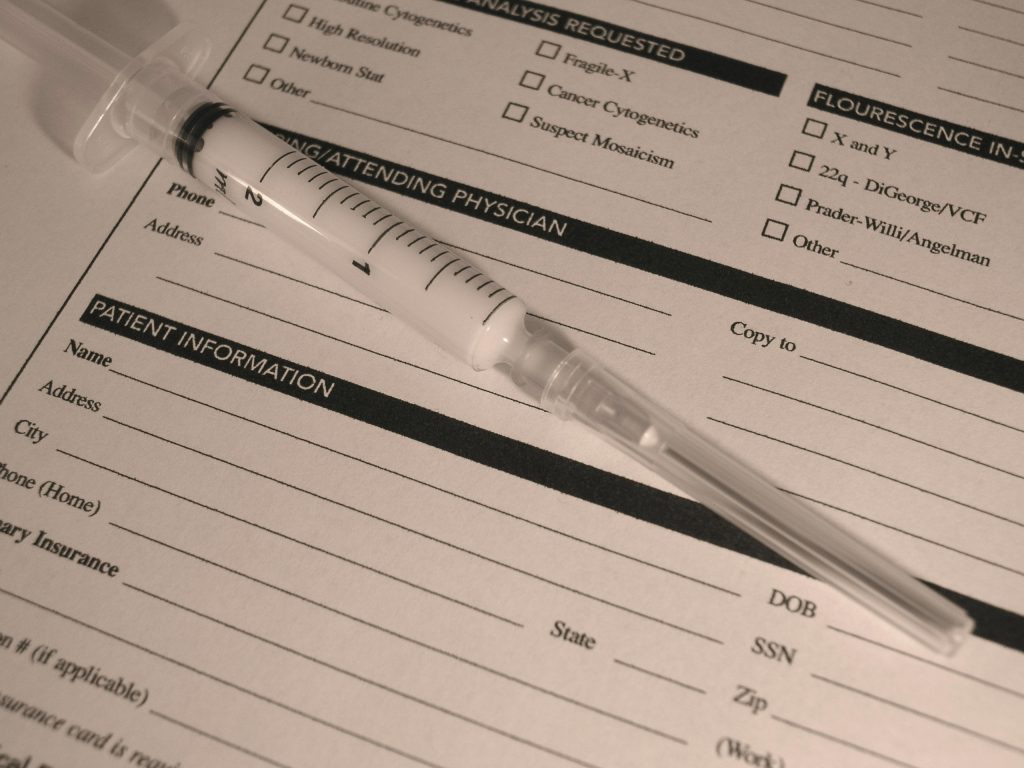 Time governs our lives. It also governs the law. If you have been injured and decide to file a claim, there is generally a time limit to do so. If you do not file within this time, you may never get your claim heard. The case below is an example.
Time governs our lives. It also governs the law. If you have been injured and decide to file a claim, there is generally a time limit to do so. If you do not file within this time, you may never get your claim heard. The case below is an example.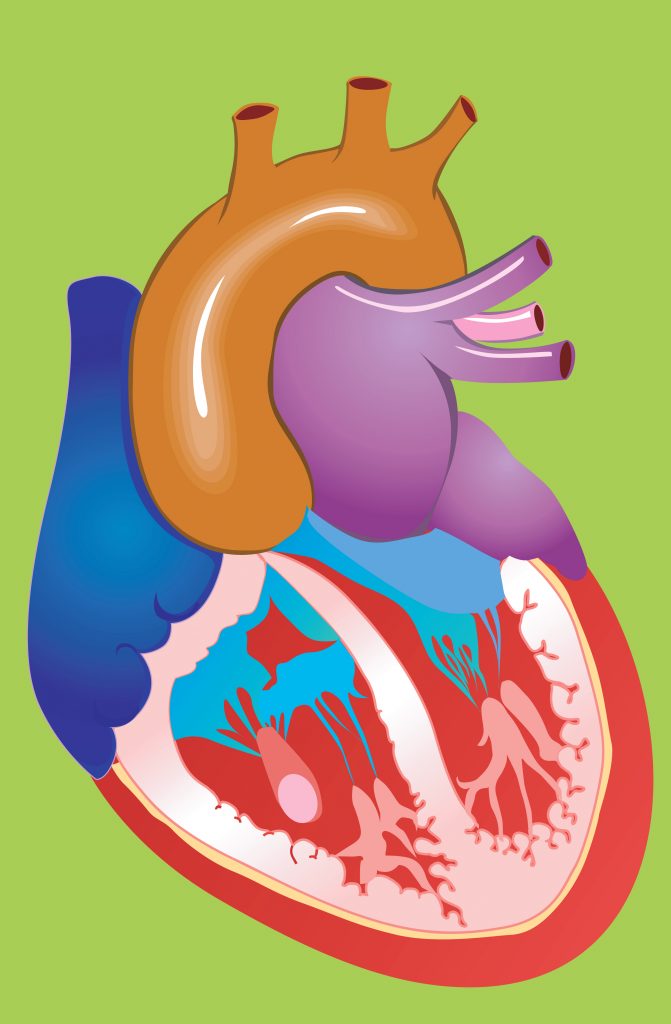 When you suspect a doctor has provided substandard care for a medical issue, it is important to immediately retain the services of a qualified medical malpractice attorney. Quick action is important because time is not on your side when considering a lawsuit. Here is but one example of how waiting can be detrimental to the plaintiff’s case.
When you suspect a doctor has provided substandard care for a medical issue, it is important to immediately retain the services of a qualified medical malpractice attorney. Quick action is important because time is not on your side when considering a lawsuit. Here is but one example of how waiting can be detrimental to the plaintiff’s case.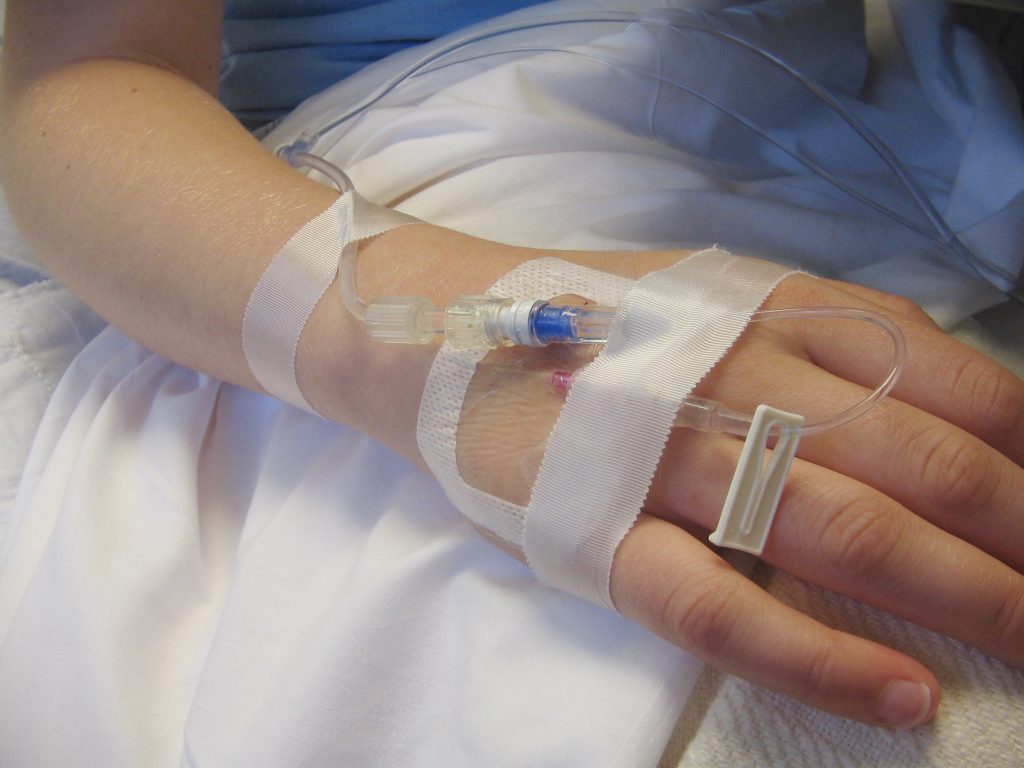 Because of the highly technical aspect of seeking relief from the court system, someone unfamiliar with the legal process can be confused and frustrated by the litigation process. This circumstance can be intensified by the harm done and the matter being litigated. Mr. William Matthews, the surviving husband of Mrs. Geranda Matthews, faced this exact problem when filing a medical malpractice claim against two of his wife’s physicians and Louisiana State University Health Systems.
Because of the highly technical aspect of seeking relief from the court system, someone unfamiliar with the legal process can be confused and frustrated by the litigation process. This circumstance can be intensified by the harm done and the matter being litigated. Mr. William Matthews, the surviving husband of Mrs. Geranda Matthews, faced this exact problem when filing a medical malpractice claim against two of his wife’s physicians and Louisiana State University Health Systems. Generally, claimants interested in bringing any cause of action are required to stick to certain procedures including filing the claim within a specified time period. Medical malpractice claims are no different. Failure to file a claim within the statutorily imposed time frame will likely result in the dismissal of that claim. Without even considering liability, a court will be forced to terminate a lawsuit merely because it was filed too late. This, unfortunately, was the case for Linda Snavely in a recent case out of Lafayette.
Generally, claimants interested in bringing any cause of action are required to stick to certain procedures including filing the claim within a specified time period. Medical malpractice claims are no different. Failure to file a claim within the statutorily imposed time frame will likely result in the dismissal of that claim. Without even considering liability, a court will be forced to terminate a lawsuit merely because it was filed too late. This, unfortunately, was the case for Linda Snavely in a recent case out of Lafayette. 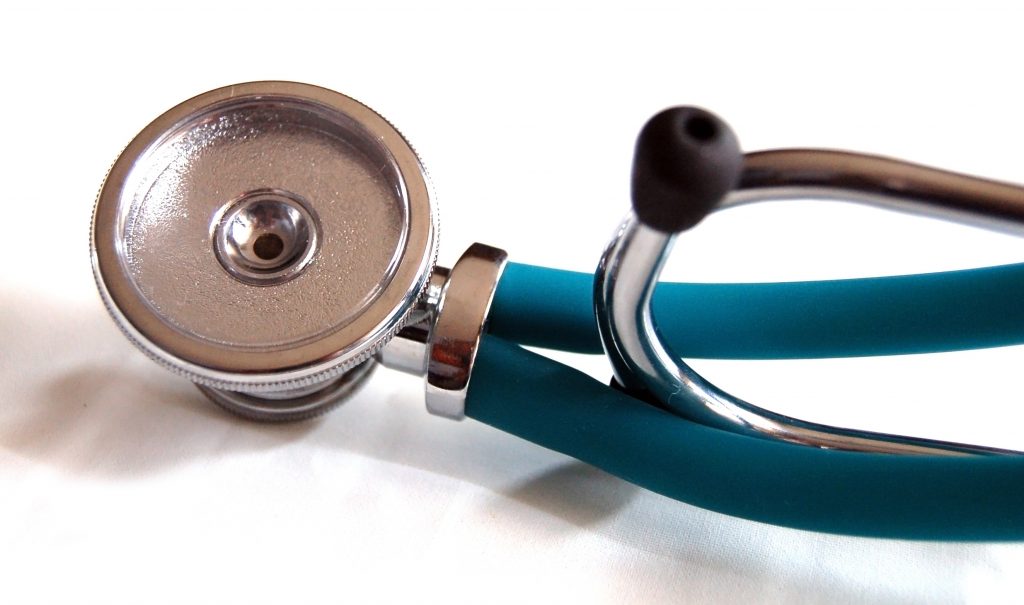 Medical malpractice suits are notorious in the legal community as being difficult and expensive cases. One reason why these cases are so difficult is because lawyers must hire and rely on numerous experts to argue why a professional should, or should not be, liable. But what happens when a plaintiff in a medical malpractice suit cannot find an expert to support his or her claim? A recent medical malpractice case involving a gynecologist illustrates this exact problem.
Medical malpractice suits are notorious in the legal community as being difficult and expensive cases. One reason why these cases are so difficult is because lawyers must hire and rely on numerous experts to argue why a professional should, or should not be, liable. But what happens when a plaintiff in a medical malpractice suit cannot find an expert to support his or her claim? A recent medical malpractice case involving a gynecologist illustrates this exact problem.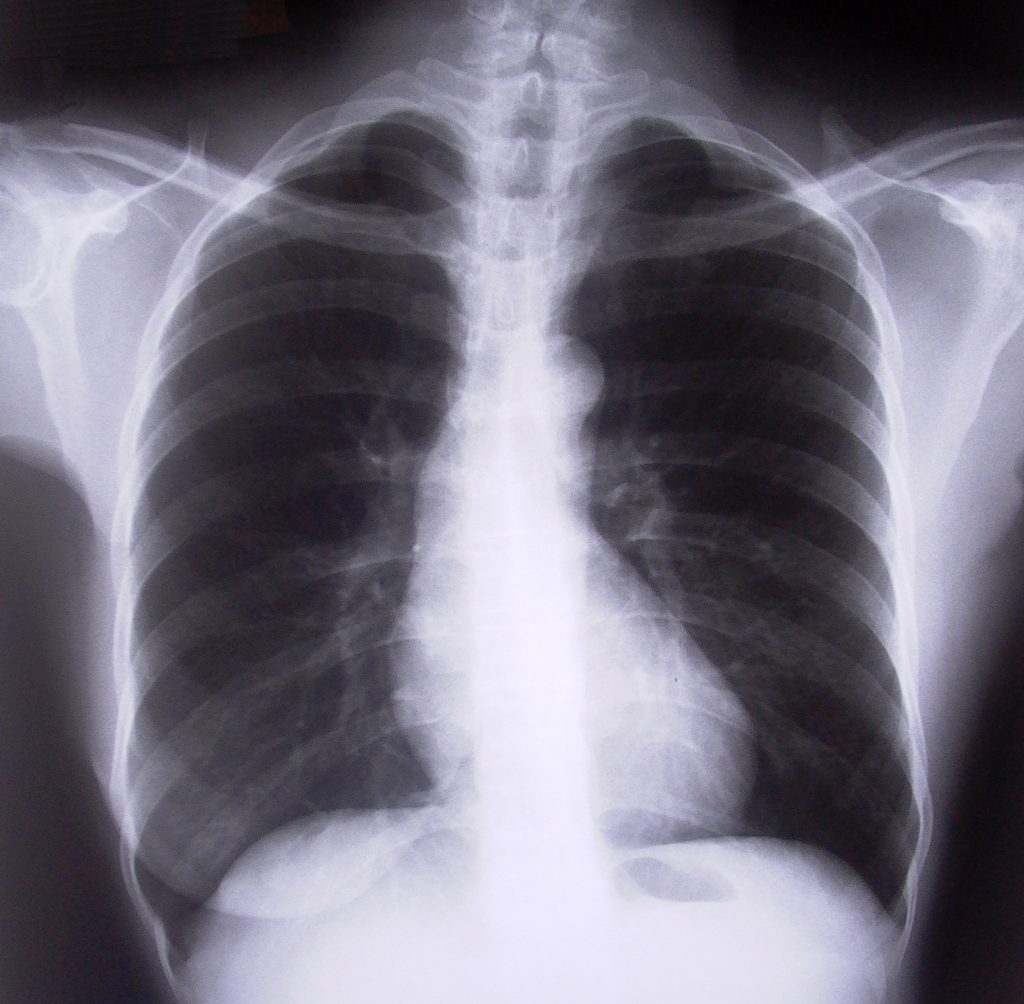 Medical malpractice can be a nuanced area of the law and good lawyers rely on the facts of a case coupled with their knowledge of the law and expert opinions to adequately perform their jobs. The following case illustrates that a competent legal team can make the most out of a tragic situation by obtaining some measure of justice and relief for a victim via compensation from the responsible parties.
Medical malpractice can be a nuanced area of the law and good lawyers rely on the facts of a case coupled with their knowledge of the law and expert opinions to adequately perform their jobs. The following case illustrates that a competent legal team can make the most out of a tragic situation by obtaining some measure of justice and relief for a victim via compensation from the responsible parties.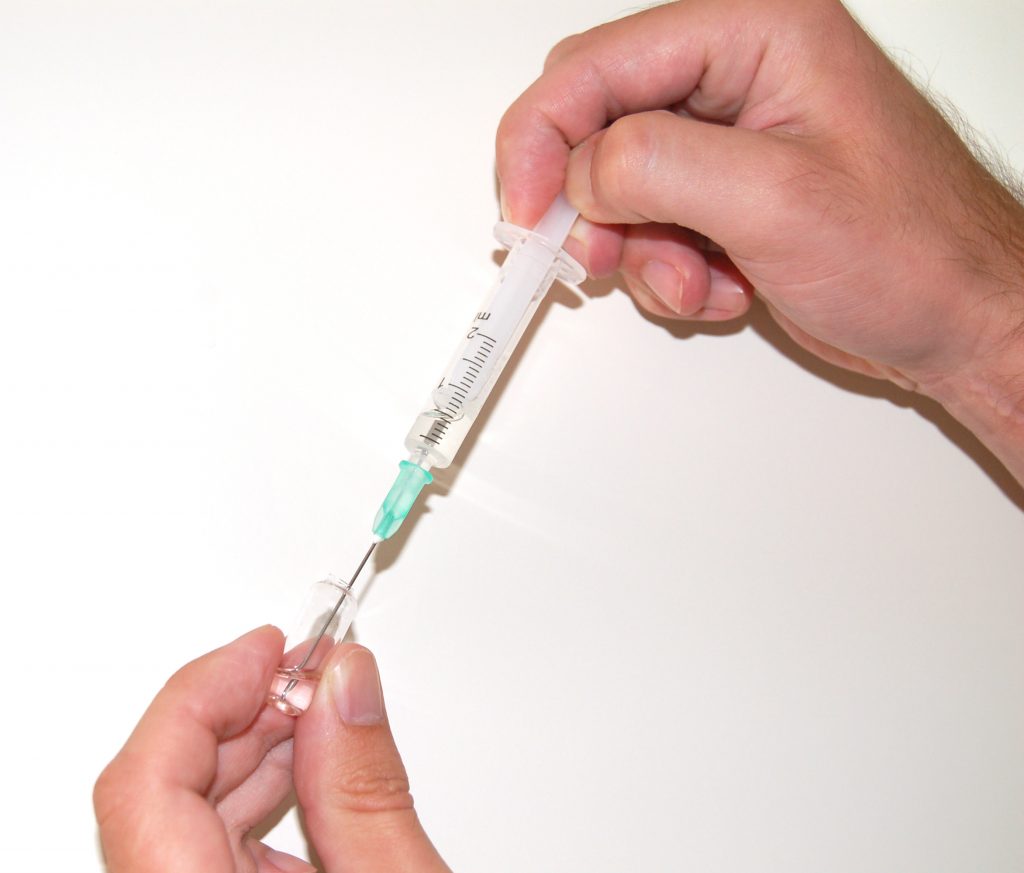 Ignoring instructions when assembling a coffee table, toys, or other household items may not, in the end, prove highly detrimental. In fact, such practices are commonplace. However, failing to follow the correct procedural steps is ruinous in the world of lawsuits. Recently, the Louisiana Third Circuit Court of Appeal was forced to dismiss an appeal because of a plaintiff’s failure to follow the required procedural steps.
Ignoring instructions when assembling a coffee table, toys, or other household items may not, in the end, prove highly detrimental. In fact, such practices are commonplace. However, failing to follow the correct procedural steps is ruinous in the world of lawsuits. Recently, the Louisiana Third Circuit Court of Appeal was forced to dismiss an appeal because of a plaintiff’s failure to follow the required procedural steps.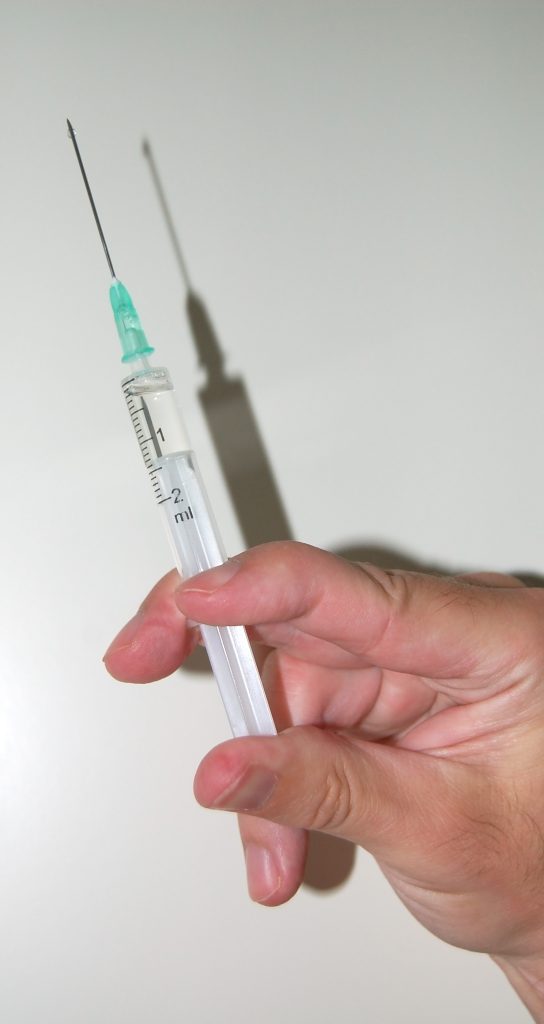 In November 2002, Ms. Annette Toston died at St. Francis Medical Center from complications from an underlying kidney infection. Prior to her death, Ms. Toston was a patient at E.A. Conway Hospital where physicians determined she requested a surgical procedure only available at St. Francis. Ms. Toston arrived at St. Francis on November 25, 2002, however, was not admitted until approximately fifteen hours after arrival. Ms. Toston subsequently died during the operation. Following the death of Ms. Toston, her seven children filed suit in the Fourth Judicial District Court. On July 14, 2014, the Judge entered a judgment in favor of Ms. Toston’s seven children. The written judgment assessed St. Francis with $100,000, damages and the Louisiana Patient’s Compensation Fund (“PCF”) with $400,000. The PCF automatically covers all state healthcare providers and caps the recovery of damages against a qualified healthcare provider at $100,000, plus interest per patient per incident. Any award in excess of the cap is paid directly by the PCF. St. Francis entered into a settlement agreement with Ms. Toston’s family for the $100,000, under the conditions that it would be released from all liability, and reserving all rights to proceed against the PCF.
In November 2002, Ms. Annette Toston died at St. Francis Medical Center from complications from an underlying kidney infection. Prior to her death, Ms. Toston was a patient at E.A. Conway Hospital where physicians determined she requested a surgical procedure only available at St. Francis. Ms. Toston arrived at St. Francis on November 25, 2002, however, was not admitted until approximately fifteen hours after arrival. Ms. Toston subsequently died during the operation. Following the death of Ms. Toston, her seven children filed suit in the Fourth Judicial District Court. On July 14, 2014, the Judge entered a judgment in favor of Ms. Toston’s seven children. The written judgment assessed St. Francis with $100,000, damages and the Louisiana Patient’s Compensation Fund (“PCF”) with $400,000. The PCF automatically covers all state healthcare providers and caps the recovery of damages against a qualified healthcare provider at $100,000, plus interest per patient per incident. Any award in excess of the cap is paid directly by the PCF. St. Francis entered into a settlement agreement with Ms. Toston’s family for the $100,000, under the conditions that it would be released from all liability, and reserving all rights to proceed against the PCF. 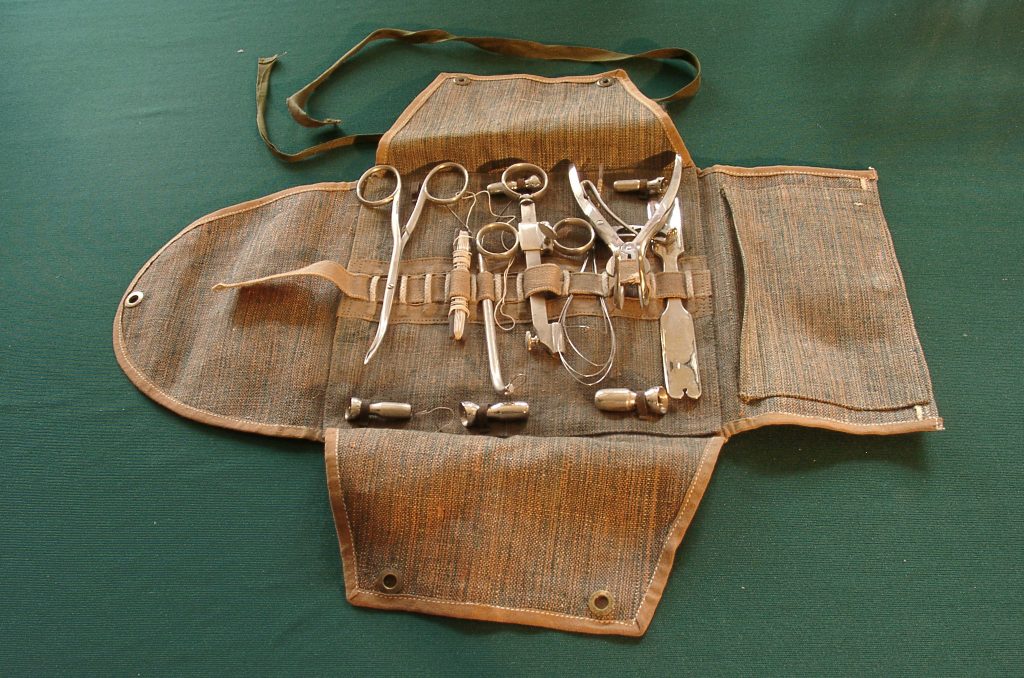 Upon entering a facility for medical treatment, we all hope that we will be treated properly. However, what happens when a medical or health care professional deviates from the profession’s standards? What happens if there is a mistake in the diagnosis or treatment? Such victims certainly have an opportunity to seek redress however sometimes a jury verdict can prove disappointing. This case out of Jefferson Parish demonstrates what happens when a trial court jury does not get the proper instructions necessary for deciding a complex medical malpractice claim in Louisiana.
Upon entering a facility for medical treatment, we all hope that we will be treated properly. However, what happens when a medical or health care professional deviates from the profession’s standards? What happens if there is a mistake in the diagnosis or treatment? Such victims certainly have an opportunity to seek redress however sometimes a jury verdict can prove disappointing. This case out of Jefferson Parish demonstrates what happens when a trial court jury does not get the proper instructions necessary for deciding a complex medical malpractice claim in Louisiana.